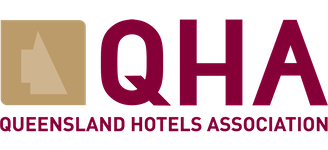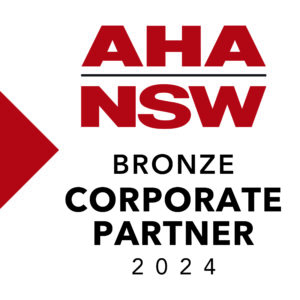The Australian hospitality industry is currently facing a critical skills shortage, with many establishments still struggling to find adequately trained staff. This gap not only affects the quality of service but also impacts the overall growth and sustainability of businesses within this sector. However, there is a silver lining in the form of team development and training platforms, such as Star Compliance’s eLearning module, which offer innovative solutions to these challenges.
Understanding the Skills Shortage
The skills shortage in Australian hospitality is multifaceted, stemming from the loss of talent through COVID, limited immigration into Australia, compounded by good growth across certain areas of the sector. Similarly, the loss of experienced workers in the industry, the transient nature of some employees and the nature of the work on offer, means there is a great need to continually invest time and resource in upskilling labour.
Many businesses find themselves in a perpetual cycle of hiring and training, only to lose staff to competitors or different industries. This not only increases operational costs but also hinders the ability to maintain a consistent level of service quality.
Interestingly, conversations from Huang et al. (2021) on skill transferability has emphasizes the value of soft skills that hospitality workers possess, suggesting that enhancing these skills can improve their cross-sector mobility and adaptability to different job roles within those establishments, which is critical in addressing skill shortages and enhancing staff compliance (Huang, Fisher, Ding, & Guo, 2021).
Moreover, to address these challenges, Star Compliance offers out of the box training videos covering topics such as RSE venue management, workplace safety, gaming room compliance, cocktail mixology, barista skills, and more. These resources not only streamline the training process but also ensure that staff are equipped with the necessary knowledge and skills to maintain compliance standards effectively. By leveraging such comprehensive training solutions, businesses in the Australian hospitality industry can bridge the skills gap, enhance staff competence, and ultimately improve their overall operational efficiency and service quality.

Custom Training Plans: A solution for Hospitality Venues
Star Compliance’s eLearning module takes this a step further by allowing businesses to create their own training plans with custom content. Recognising the uniqueness of each operation, the platform enables the integration of training materials that reflect specific procedures and venues ethos. This flexibility is key to crafting a training program that not only meets regulatory compliance but also aligns perfectly with operational standards and service excellence.
- Foundation in Regulatory and Operational Standards: Star Compliance ensures that all employees, regardless of their skill level when they join, gain a solid understanding of the necessary regulatory and operational standards. This knowledge is vital for maintaining high service standards across the hospitality industry. By ensuring that staff are well-versed in these areas, businesses can avoid compliance issues and enhance the overall guest experience.
- Customised Training Plans: Recognising the unique nature of each hospitality business, Star Compliance allows for the creation of custom training plans. This means that businesses can incorporate their own training content, reflecting specific procedures, brand ethos, and operational standards. Such customization ensures that the training is highly relevant and directly applicable to the staff’s daily responsibilities, thus improving learning outcomes and operational efficiency.
- Enhanced Upskilling and cross training of Current Staff: Through targeted training modules, Star Compliance facilitates the upskilling of current staff, helping to bridge any existing skill gaps. This is particularly important in an industry where customer expectations are constantly evolving, and businesses must adapt quickly to remain competitive. By providing ongoing training opportunities, staff can continuously improve their skills, leading to better job performance and satisfaction.
- Empowering Businesses with Flexibility: The flexibility to integrate custom training content allows businesses to tailor their learning experiences to match their unique operational needs. This empowers businesses to craft a training program that not only meets compliance requirements but also aligns perfectly with their service standards and brand identity. The ability to update training content as needed ensures that businesses can swiftly adapt to changes in regulations, market demands, or internal processes.
- Driving Industry Standards and Excellence: By equipping businesses with the tools to train their staff effectively, Star Compliance plays a pivotal role in driving up industry standards and fostering excellence in service delivery. Well-trained employees are more confident, competent, and capable of delivering exceptional service, contributing to the overall success and reputation of the Australian hospitality industry.
Conclusion
The skills shortage in the Australian hospitality industry is a pressing issue, but it is not insurmountable. Platforms like Star Compliance’s Learning module offer powerful tools for businesses to upskill their current staff effectively. By leveraging the ability to create custom training plans, businesses can ensure that their workforce is not only compliant but also fully aligned with their operational standards and venues ethos. In doing so, they can turn the challenge of the skills shortage into an opportunity for growth and excellence in service delivery.
Interested in creating a customer training plan for your venue? Reach out to book a demo in and begin upskilling your venues employees today!




